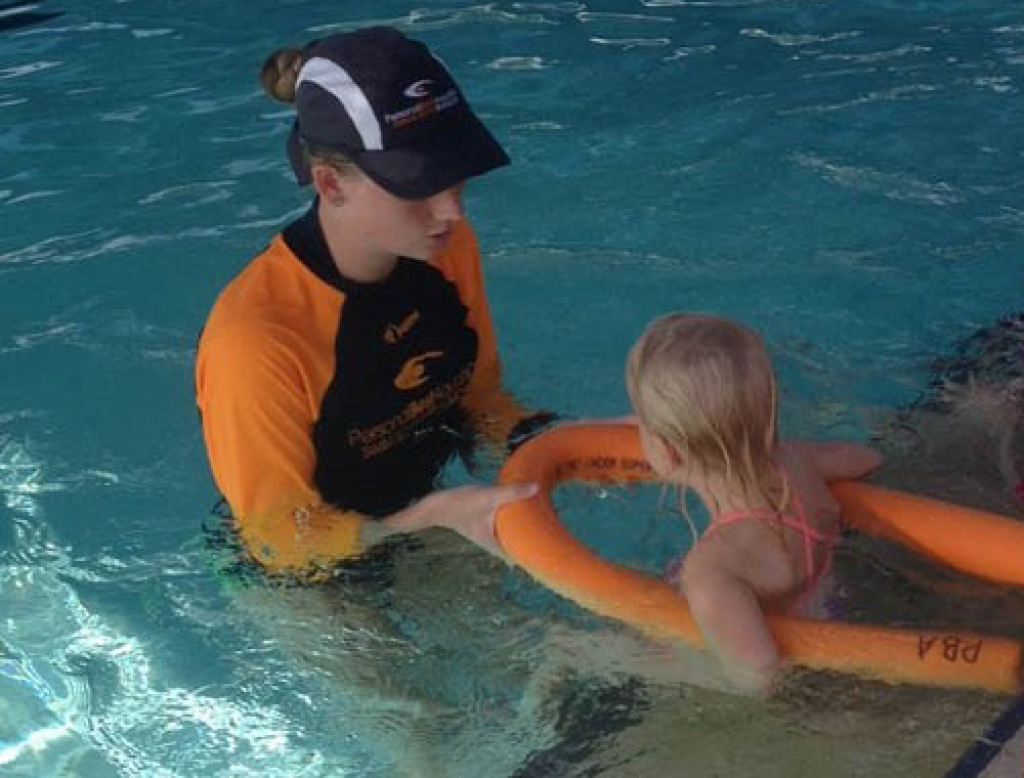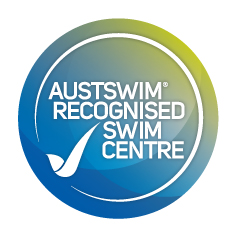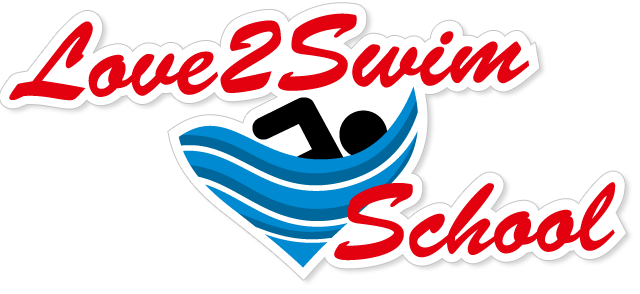Why Learn To Swim Early

Why is it important to introduce your child to the water at an early age?
What age should you start introducing your child to water?
WHY?
There are a huge range of benefits from familiarising your child with the aquatic environment at an early age.
In Australia where we have such a strong culture based around the water, your child should have the skills and knowledge to be safer in and around water as possible from an early age.
We want to teach our children to be safe around water – any water.
Water safety: The Australian Royal Life Saving Society’s 2012-13 report found 31 drowning deaths occurred in children aged 0-4 years. Sixty one percent of these deaths occurred in swimming pools.
Swimming has been proven to help body and mind development
- A 2013 study by the Griffith University has found children who participate in early-years swimming appear to achieve many milestones earlier than the normal population across areas of physical, cognitive and language development, regardless of social background or gender.
- Many of the skills that early swimmers gained had value in schooling and other areas of learning, so they were likely to be better prepared for the school transition
Work by Kohan and McCabe had found:
- Babies less than a year old accept the water more readily than older children
- Fear of water is acquired as children grow older: the longer a child is kept away from water, the more likely the child will develop aqua-phobia
- Babies can exercise more muscles in the water, they are less restricted by gravity and their ability to sit or stand. This increased strength often manifests itself in early acquisition of physical skills like walking.
- Swimming improves babies cardiovascular fitness. Although babies are limited in how much they can improve their endurance, swimming does have a beneficial effect.
- Early mastery of water movements gives children a head start in learning basic swimming skills.
- Water helps improve co-ordination and balance by forcing babies to move bilaterally to maintain their equilibrium.
- Warm water combined with gentle exercise relaxes and stimulates babies’ appetites. They usually eat and sleep better on swimming days.
- Doctors often recommend swimming as the exercise of choice for asthmatics. For many asthmatics, exercise produces bronchial hyperactivity. Swimming stimulates less wheezing than other forms of exercise, possibly because the warm, moist air around pools is less irritating to the lungs.
- Babies flourish in the focused attention their parents lavish on them during swimming, with swimming providing babies with lots of skin-to-skin contact with their parents that psychologists say may deepen the bond between parent and child.
- As babies learn how to manoeuvre in the water on their own their independence and self-confidence blossom.
(Written by Kochen, C.L. Ph.D and McCabe, J. B.A.; The Baby Swim Book, Leisure Press, 1986)
WHEN?
From birth babies are made familiar with water. Through bath time and water play we can make them comfortable with water on face and over heads, with the feel of water splashing through hands, and kicking legs.
Using a secure and gentle hold let them feel the buoyancy and the movement of the water over their skin. These early bath experiences should be free from stress and a lovely way to build rapport with the water. Using a flannel and eventually a cup, the baby can be introduced to the sensation of water on their face. Starting from just a few months of age, lays a great foundation for joining a regular swim program later on.
So, when should ‘formal’ baby swimming lessons start?
There are a few different guidelines and opinions. However, the recommendation of the Australian Swimming Coaches and Teachers Association is that infants can start a formal program of swim lessons at 4 months of age. Some of the reasons for waiting until 4 months are to allow a medical history to develop, allow the infant’s immune system to strengthen and allow bonding to occur with the primary caretaker.
AUSTSWIM recommends starting formal swimming lessons from 6 months. During this time AUSTSWIM recommends using the family bath to introduce newborn infants to appropriate aquatic experiences to prepare them for an infant aquatic program.
If introducing infants less than 6 months of age to public swimming pools, care must be taken to ensure infants’ health needs infants are catered for. Consider water hygiene, water and air temperature, handling techniques to ensure proper support.
If we look at swimming just like the process of learning to walk, we can see many similarities.
Walking is a complex, physically demanding activity that requires intense coordination and balance, yet children learn how to walk at a relatively young age and, for the most part, teach themselves. We may not realise it but it can take until a child is 7 to develop their proper adult walk.
Learning to swim happens in very much the same manner with parents and teacher there to assist at each step of the way. Similarly expectations around technique and swimming progress should be realistic to a child’s physical and cognitive development.
While swimming lessons for babies may help to address safety issues, lessons will also continue to refine the strokes helping the child to become a safer more efficient swimmer, and of course lessons are a fun, healthy activity for children.

